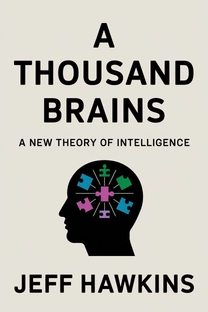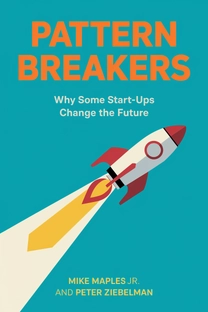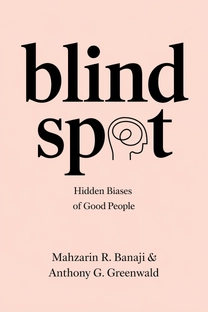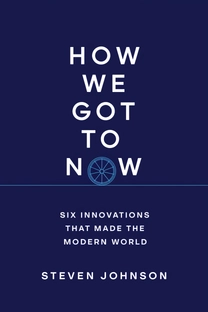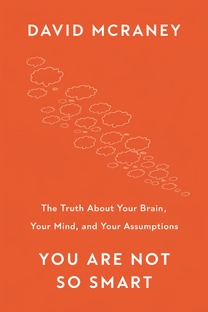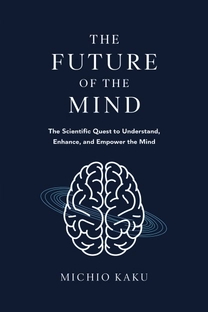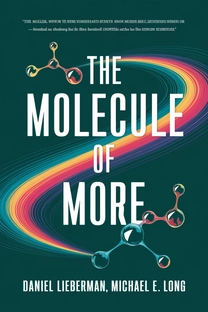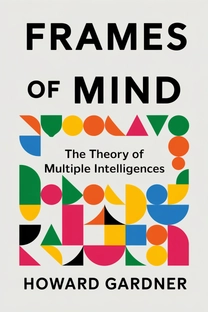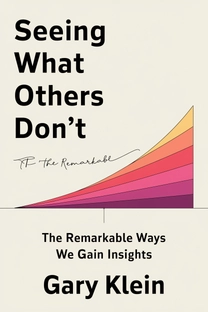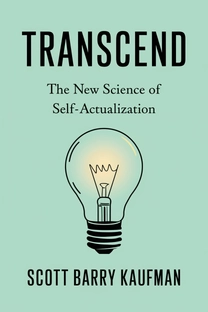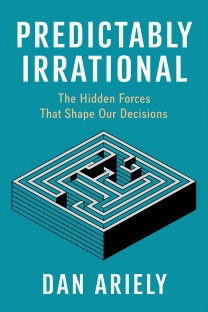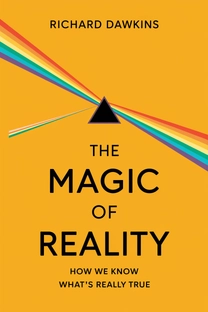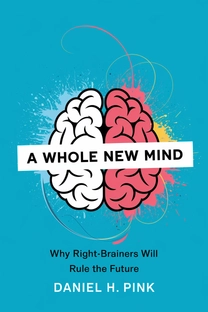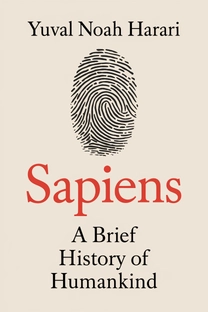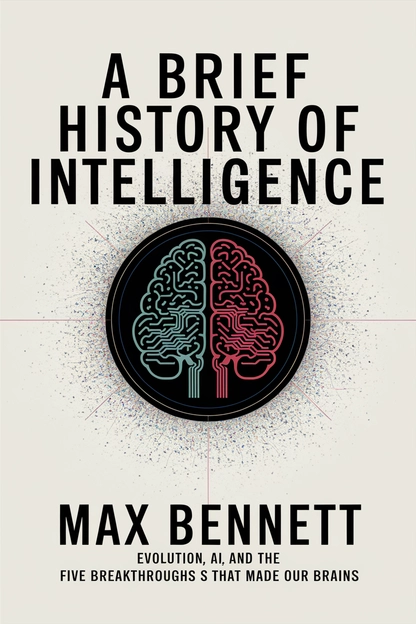
A Brief History of Intelligence
Evolution, AI, and the Five Breakthroughs That Made Our Brains
by Max Bennett
Brief overview
This book describes the evolutionary journey that led to the human brain’s remarkable intelligence. It highlights the initial emergence of steering and navigation, the rise of reinforcement learning, the formation of mental simulations, the birth of social understanding, and finally the spark of language that transformed civilization.
Introduction
Imagine tiny wormlike organisms swimming in dark ancient seas. They can’t see much, yet they steer left or right, hunting for a meal or avoiding danger. From this unassuming start emerged a series of remarkable transformations that eventually gave rise to our complex human mind.
This book tracks five pivotal breakthroughs that shaped intelligence: simple navigation, reinforcement-based learning, mental simulation, social awareness, and finally language. Each leap built upon earlier discoveries, providing creatures with ever more powerful ways to survive.
Across centuries, scientists have wondered how brains evolved to handle abstract thinking, emotional processing, and creativity. By studying everything from worms to fish to primates, we learn how new skills emerged at each evolutionary stage.
In the pages ahead, we’ll see how curiosity and cooperation fueled our ancestors’ growth. We’ll uncover the forces that made early mammals resourceful and then learn how language rewrote the rules, letting ideas spread in unprecedented ways. Let’s begin at the dawn of brains.
From Stillness to Steering
Long ago, many animals resembled jelly-like creatures clinging to rocks. They had barely any mobility. But some evolved bilateral symmetry, meaning they had a head region and a tail end, giving them a forward direction and helping them navigate in a straight line.
Steering became possible because these creatures could compare signals from each side of their body—slightly different chemical cues or light intensities—then decide which way to turn. A rudimentary “brain” emerged to coordinate these signals efficiently.
Organisms with this ability had a big advantage. They could chase down bacteria, avoid predators, and explore new territory. Though they lacked complex thoughts, they were no longer passive drifters. This was the first evolutionary leap: control over direction.
Modern-day robotic vacuums mirror these simple strategies. Rather than forming detailed maps, they sense boundaries and pivot away from obstacles. In nature, a creature that can quickly course-correct, even with limited senses, reaps surprisingly large benefits.
What is A Brief History of Intelligence about?
A Brief History of Intelligence: Evolution, AI, and the Five Breakthroughs That Made Our Brains by Max Bennett illuminates the extraordinary odyssey of human intelligence. This compelling narrative dissects the evolutionary intricacies that coalesce into the marvel of the human brain, guiding readers through pivotal moments in history where intelligence took giant leaps forward. From initial survival tactics like steering to the development of complex systems like language, each evolutionary advancement contributed profoundly to modern cognition, helping us navigate the world intricately and innovatively.
Embedded within this chronicle are the five landmark breakthroughs - steering, reinforcement learning, mental simulation, social intelligence, and linguistic prowess - that incrementally sculpted our cognitive faculties. No stone is left unturned as we explore how these extraordinary developments have shaped not only our neural architecture but also our cultural and societal landscapes. By weaving together strands of biology, anthropology, and neuroscience, Bennett provides an insightful lens through which we can understand our mental evolution and its implications for artificial intelligence.
This book serves not only as an intriguing narrative but also as a catalyst for reflection on how understanding our past can illuminate future technological advancements and human potential. It is a testament to how minute changes over millennia can culminate in the extraordinary complexity of present-day human thought and ability.
Review of A Brief History of Intelligence
Meticulously researched and engagingly written, Max Bennett's A Brief History of Intelligence stands out as an illuminating guide through the evolutionary breakthroughs that mark our journey towards advanced cognition. What sets this book apart is its ability to translate complex scientific data into relatable narratives that captivate and educate. Bennett weaves a delicate tapestry of science with accessible prose, inviting both novices and seasoned readers alike into the depths of human evolutionary history.
One of the book's key strengths lies in its practical applications, offering readers tangible insights into the inner workings of intelligence both biologically and in the realm of artificial intelligence. Through vivid storytelling, it reveals how fundamental survival tactics evolved into sophisticated cerebral capabilities, enhancing our understanding of human intelligence's rise. Enlightening anecdotes from the natural world stand as testaments to the incremental nature of cognitive advances, showing the correlation between evolutionary milestones and our current digital age.
Within these pages, Bennett fosters a deeper appreciation for the capabilities and limitations inherent in both human and artificial minds. Its broad appeal makes it an essential read for academics delving into AI, evolution enthusiasts, and professionals in neuroscience or psychology. Ultimately, the book challenges readers to apply this knowledge in looking ahead to future breakthroughs, positing it as a roadmap that both celebrates our heritage and pushes the boundaries of what we can achieve through technological advancements. Highly recommended for those ready to explore the confluence of evolution and artificial intelligence.
Who should read A Brief History of Intelligence?
- **Cognitive Scientists**: Gain insights into the evolutionary milestones that have led to current thought processes, helping them explore the parallels with artificial intelligence development.
- **AI Researchers**: Discover historical breakthroughs in intelligence that can inform cutting-edge AI algorithm designs and applications.
- **Educators and Students in Neuroscience**: Benefit from accessible explanations of complex neural trajectories, making it an ideal resource for educating future generations.
- **Anthropologists**: Delve into the evolutionary journey's role in shaping human culture and societal behaviors, aiding in comprehensive anthropological studies.
- **General Public Interested in Evolution**: Enjoy a captivating exploration of how human intellect evolved, revealing the mysteries behind everyday cognitive abilities.
About the author
Book summaries like A Brief History of Intelligence
Why readers love Mindleap
10-Minute Book Insights
Get the core ideas from the world's best books in just 10 minutes of reading or listening.
Curated For You
Discover your next favorite book with personalized recommendations based on your interests.
AI Book ExpertNew
Chat with our AI to help find the best book for you and your goals.
Reviews of MindLeap
Love how I can get the key ideas from books in just 15 minutes! Perfect for my busy schedule and helps me decide which books to read in full.
Alex R.
The summaries are incredibly well-written and the audio feature is perfect for my commute. Such a time-saver!
Jessica M.
Great app for personal growth. The insights are clear and actionable, and I love how they capture the essence of each book.
Chris P.
The app is beautifully designed and the summaries are top-notch. Definitely worth every penny!
Sarah K.




